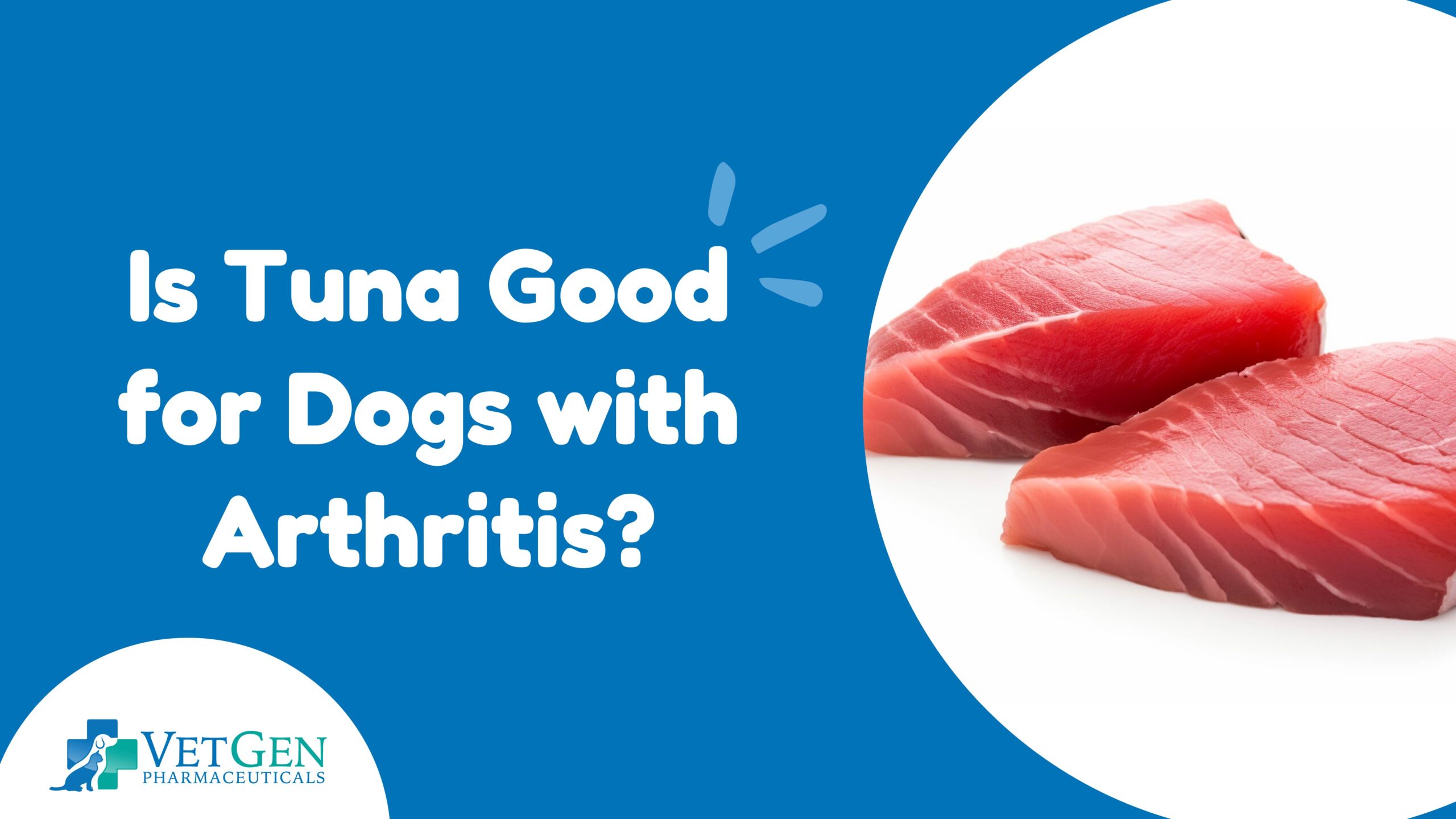You bet your boots, tuna is very beneficial to dogs with arthritis because it has a lot of omega 3’s which are actually anti inflammatory. These fatty acids are also known to have anti-inflammatory effects on the joint, and can alleviate some of the arthritis painful symptoms, which enable the dog to move more gracefully and pain less.
Tuna is a type of fish that is universally consumed by humans in the form of sea foods and which is also assumed to be a suitable supplement or reward for domestic dogs. Tuna meat is a good choice of food to a dog due to its rich qualities as well as the health benefits contained in the fish. However, like with any diet, particularly ones not expressly prepared for dogs, there are several issues and risks to be aware of. Here’s a detailed look at tuna as a dog meal.
Nutritional Overview Of Tuna As A Dog Food
Several pet nutritionists conducted their research and found out that it is beneficial to add tuna in one’s dog’s diet in order to balance a dog’s nutrient requirements.
From the different studies done by the American Kennel club, they have focused on how tuna is well appreciated in its protein, omega-3 fatty acids, vitamins, and minerals. Protein helps in creating new matter and to fix broken tough substances in the dog’s body tissues. Omega-3 PUFA especially EPA (eicosapentaenoic acid) and DHA (docosahexaenoic acid). These are known to have anti-inflammatory properties in dogs – what this therefore means is that dogs’ arthritis can either be controlled or relieved depending on the supplement in consideration.
Tuna can also be a source of other vitamins including the vitamin D that is needed in the body for bone formation and the B group of vitamins for growth and development of energy in the body. It also has such other elements as selenium that has antioxidant properties and magnesium which is important for muscles and nerves.
Benefits of Including Tuna in a Dog's Diet
Is Tuna good for dogs? Yes, incorporating tuna into a dog’s diet can offer several health benefits for its rich nutritional content. A few of its benefits are:
- Support for Joint Health: The anti-inflammatory characteristics of omega-3 fatty acids in tuna can benefit dogs with arthritis symptoms by lowering joint inflammation.
- Skin and Coat Health: Omega-3 fatty acids promote a shinier coat and healthier skin, potentially lowering the risk of skin allergies.
- Cardiovascular Health: Tuna’s contents can help improve blood lipid profiles and also lowers the risk of heart disease.
- Muscle Maintenance: Tuna’s high-quality protein promotes muscle repair and maintenance, which is essential for dogs’ general health and movement.
Potential risks and considerations
While tuna offers many benefits, there are several risks and considerations for dog owners to keep in mind:
- Mercury Content: Tuna, particularly albacore (white tuna), can have high levels of mercury. Prolonged exposure to high quantities of mercury can induce mercury poisoning in dogs, resulting in major health complications such as kidney damage.
- Bones and Choking Hazard: If tuna is not properly prepared, it might choke dogs or cause intestinal blockages.
- Allergic Reactions: Few dogs may be allergic to fish, such as tuna. Tuna should be introduced into a dog’s diet cautiously, keeping an eye out for signs of an allergic response.
Dietary Imbalance: Overreliance on tuna as a food source might result in nutritional imbalances because it does not include all the nutrients that dogs require for a complete and balanced diet.
Tuna Preparation and Serving Guidelines
When preparing and serving tuna for dogs consider the following to ensure it’s both safe and beneficial:
Raw vs Cooked Tuna
- Cooked tuna is generally safe for dogs. Preparing the fish kills germs that may be present in raw fish which are dangerous to humans. Extra oils, flavors, or salt should not be added to tuna since those are dangerous to dogs.
- Raw Tuna: Eating raw fish could cause a deficiency of thiamine (vitamin B1) since these fish contain enzymes that neutralize this vitamin. If you wish to feed your pet raw tuna, it should be done in limited portions and the source should be authentic.
Tuna Types to Consider
- Light tuna (typically skipjack) which is usually skipjack tuna should be used because it has a lesser amount of mercury than the white tuna, also known as albacore
- Canned vs. Fresh Tuna: Canned and fresh tuna are suitable for a dogs diet but it is recommended that the canned tuna is not in oil and has no extra salt added to it. When preparing fresh tuna to be cooked, there is need to confirm that the fish has been washed properly.
Recommended Serving Sizes and Frequencies
- Serving Sizes: The portion size depends on the size of the dog, the breeds’ diet and their general health. Tuna should make not more than 10% of the total caloric value of the aliment served to the dog.
- Frequency: Due to the issues of mercury buildups, it is advised that dogs should be fed small amounts of tuna, ideally once or twice a week. This helps in reducing the possibility of having mercury within the body while enjoying the benefits of having omega-3 fatty acid within the body.
Tuna in the diets of dogs with allergies or sensitivities.
Overall, seafood allergic or sensitive dogs should; not consume tuna. If you are skeptical about its allergy, test it by feeding the tuna in small portions and monitor for signs of itchiness, stomach upset or respiratory issues.

Tuna for dogs that are overweight or have heart disease.
Benefits of tuna include omega-3 fatty acids that are vital for heart health, but this foodstuff contains calories which are essential to note in the case of an overweight dog. It is recommended that tuna should be taken with precaution especially when there are plans to lose some weight.
Omega-3 fatty acids demonstrate anti-inflammatory and cardio-protective properties that’ll be quite helpful in the case of dogs that have undergone through a heart disease. Though it should be pointed out that the diet should be prescribed by a vet due to the fact that several conditions may be worsened by the particular diet or it may not meet the dog’s nutritional requirements in a way that benefits the dog most.
To know about Dog Nutrition visit VetGen Pharmaceuticals.
To Conclude
In conclusion, it is prohibited to feed tuna to dogs but at the same time there are certain nutritional gains. The following are some of the benefits inherent in omega 3 fatty acids and which have great advantage especially to dogs suffering from arthritis.By diminishing the intensity of the onset of inflammation, omega-3 fatty acids in the alleviation of joint pain, and in the promotion of improved locomotive capacity.
Tuna can form part of an intentional and moderate supplementation of a dog’s diet when done cautiously and in combination with a perfect diet, thus promoting achievement of the health benefits in question without exposing the dogs to the harm.






